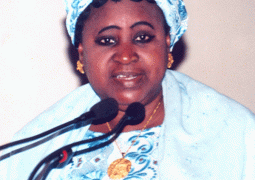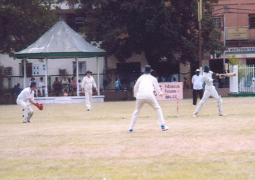This occasion is firstly a commemoration to recall the 1976 uprising in Soweto, when a protest by school children in South Africa against apartheid–inspired education resulted in the public killing of these unarmed young protesters by police officials.
The DAC further presents an opportunity to focus on the work of all actors committed to the rights of children on the continent, to consolidate their efforts in addressing the obstacles for realizing these rights.
The DAC also provides an occasion for governments, international institutions and communities, to renew their on-going commitments towards improving the plight of children by organizing activities aimed at including them.
Every year, a theme is identified by the committee and adopted by the Executive Council. During its 23rd ordinary session in April 2014, the committee identified and adopted the theme for the Day of the African Child (DAC) 2015: “25 Years after the Adoption of the African Children’s Charter: Accelerating our Collective Efforts to End Child Marriage in Africa” which will be commemorated by bringing together those affected by and working to end child marriage such as community leaders, traditional, religious leaders, girls affected by child marriage and key stakeholders.
The theme was inspired by a Day of General Discussion on child marriage during the 23rd ordinary session of the African Committee of Experts on the Rights and Welfare of the Child (ACERWC) in April 2014, which affirmed the recommendation of children to member states to enhance their efforts to eliminate child marriage.
Africa has the second highest rate of child marriage in the world after South Asia. West and Central Africa, in particular, follow closely on the heels of South Asia with two out of five (41%) girls marrying before 18 years.
Child marriage is a complex issue that is driven by a number of factors in different societies. Child marriage has devastating and long-term effects (health, education, psychological, emotional, mental, etc.) on the life and the future of girls. It is human rights, gender, health and culture, as well as a development issue.
The African Union considers this harmful practice of child marriage as a major hindrance to the development of the continent, and this practice has to be phased out if the continent is to be seen as progressive and ready to tackle the ever evolving dynamics of a changing world.
Source: AfricaWide Movement for Children (AMC)
“Child Marriage is a harmful practice that devastates the lives of millions of girls.”
The
Point




